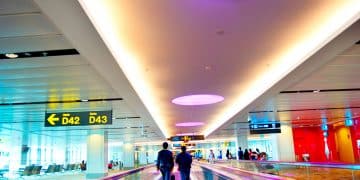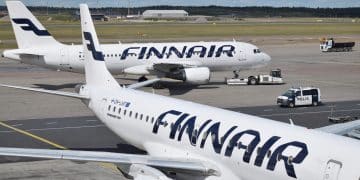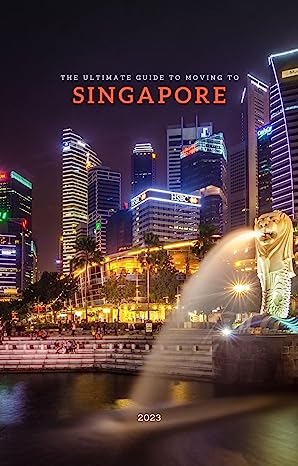Singapore is often referred to as a melting pot of cultures, and this is reflected in the diverse range of languages spoken in the country. While English is the main language used for official and business purposes, there is a rich tapestry of other languages and dialects that are used by the different ethnic communities that call Singapore home.
In this article, we delve into the different languages and dialects spoken in Singapore and explore their unique cultural significance.
Official Languages in Singapore
The four official languages in Singapore are English, Mandarin, Malay, and Tamil. English was chosen as the main language for official and business purposes after independence in 1965, as it was seen as a neutral language that would help to bridge the linguistic divide between the different ethnic communities.
Mandarin, Malay, and Tamil, on the other hand, were chosen to reflect the cultural heritage of the country’s Chinese, Malay, and Indian populations, respectively. These languages are used in government schools, official documents, and national events and are important markers of cultural identity for the different ethnic groups in Singapore.
Other Languages Spoken in Singapore
In addition to the four official languages, there are a number of other languages and dialects that are spoken by the different ethnic communities in Singapore. Some of the more prominent ones include Hokkien, Teochew, Cantonese, Hakka, and Hokkien-Huayu among the Chinese community, and various dialects of Malay such as Javanese and Sundanese among the Malay community.
For the Indian community, languages such as Hindi, Punjabi, Bengali, and Telugu are widely spoken, while the Eurasian community in Singapore speaks a mixture of Portuguese, Malay, and English.
Cultural Significance of Language in Singapore
The use of different languages and dialects in Singapore is an important part of the country’s cultural heritage and helps to reflect the diverse cultural backgrounds of its citizens. Language also plays a significant role in shaping cultural identity, and for many ethnic groups, their mother tongue is an integral part of their cultural heritage that is passed down from one generation to the next.
In addition to this, language also serves as a means of preserving cultural traditions and customs, and helps to keep alive the unique cultural heritage of the different ethnic groups in Singapore. For example, traditional Chinese festivals such as the Lunar New Year and the Mid-Autumn Festival are often celebrated with the use of traditional songs and legends told in the various Chinese dialects.
What are the languages spoken in Singapore? – Final Thoughts
In conclusion, the languages spoken in Singapore reflect the rich cultural diversity of the country and are an important part of its cultural heritage. From the four official languages to the numerous dialects and languages spoken by the different ethnic communities, the use of language in Singapore serves as a powerful symbol of the country’s cultural heritage and helps to preserve the unique cultural traditions and customs of its citizens.
What are the languages spoken in Singapore? – FAQs
What languages are spoken in Singapore?
Singapore is known for its linguistic diversity, with several languages being widely spoken by its residents. The main languages spoken in Singapore include Mandarin, Malay, Tamil, and English.
Is English widely spoken in Singapore?
Yes, English is widely spoken in Singapore and is considered one of the official languages of the country. This is due to the British colonisation of Singapore in the 19th century, which led to English being widely adopted as a means of communication.
Are there any other widely spoken languages in Singapore besides English?
Yes, besides English, there are several other widely spoken languages in Singapore. These include Mandarin, Malay, and Tamil, which are considered official languages in the country.
What is the history behind the linguistic diversity in Singapore?
The linguistic diversity in Singapore is the result of a combination of historical and cultural factors. For example, the country was colonized by the British in the 19th century, which led to the widespread adoption of English. Additionally, the country has a large migrant population from various countries in Southeast Asia, which has further contributed to the linguistic diversity in the country.
How does the government support the preservation of linguistic diversity in Singapore?
The government of Singapore recognizes the importance of preserving its linguistic diversity and has implemented various initiatives to support this. For example, the government provides funding for language education programs and organizes language festivals to promote the different languages spoken in the country.
What is the significance of the linguistic diversity in Singapore?
The linguistic diversity in Singapore is significant as it represents the country’s rich cultural heritage and its ability to bring together people from different backgrounds. It also helps to foster a sense of unity and inclusiveness among its residents, while also promoting communication and understanding between different communities.




